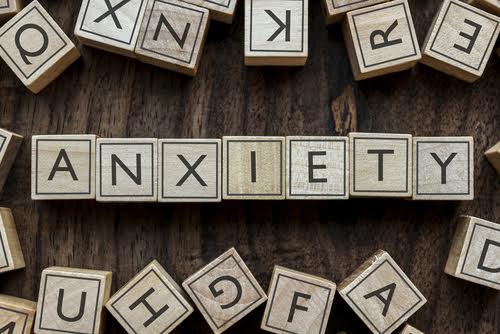Entering adolescence is serious business;  it evokes rapid change and confusion for parents and teens alike. From a parenting perspective, sometimes it seems your child is suddenly unrecognizable. From the teen perspective, the sudden physiological and emotional changes are confusing and perhaps even frightening at times. There can be an internalization of, “What is happening to me” but sharing that would be significantly “uncool,” or so it seems.
it evokes rapid change and confusion for parents and teens alike. From a parenting perspective, sometimes it seems your child is suddenly unrecognizable. From the teen perspective, the sudden physiological and emotional changes are confusing and perhaps even frightening at times. There can be an internalization of, “What is happening to me” but sharing that would be significantly “uncool,” or so it seems.
We know that adolescence is a time of great transformation. Teens are individuating, their hormones are raging, and things are moving faster than even they can grasp. Try and remember what it was like when YOU were a teenager. Do you remember how you felt?
This generation of teens is faced with even higher pressure. I have seen parents pressuring their elementary kids to perform better for the sake of college, or the perception of prestige. I have had a 13-year-old tell me they she was having an existential crisis – that she didn’t know what she was going to do with her life – all because of parental pressure to look toward college. Between parental pressures and the sheer nature of adolescent metamorphosis, the teen years can be intense.
But does adolescence have to be as disruptive?
Can we as parents take things less personally and develop a healthy way to show up for our teens? Yes, I believe we can. It requires that we educate ourselves in the ways of adolescence, and it also involves remembering and holding space for our own adolescent experience, without projecting it onto our teens. This may mean getting involved in a support group, or seeing a therapist and beginning the transformative process of unraveling any traumatized roots within oneself. Allow your teen to have their own adolescent experience rather than interpreting it as your own. You are not your teen’s experience; you are a guide and a representative of safety and security.
If you find yourself in a situation where your adolescent is perpetuating harmful behavior via drugs and alcohol, or if they are displaying significant emotional dysregulatory behavior, it’s important that you seek help. There’s adolescent angst and then there’s addiction and mental health issues. There’s help if you need it.
Originally posted on April 8, 2014 @ 8:48 pm








One Comment